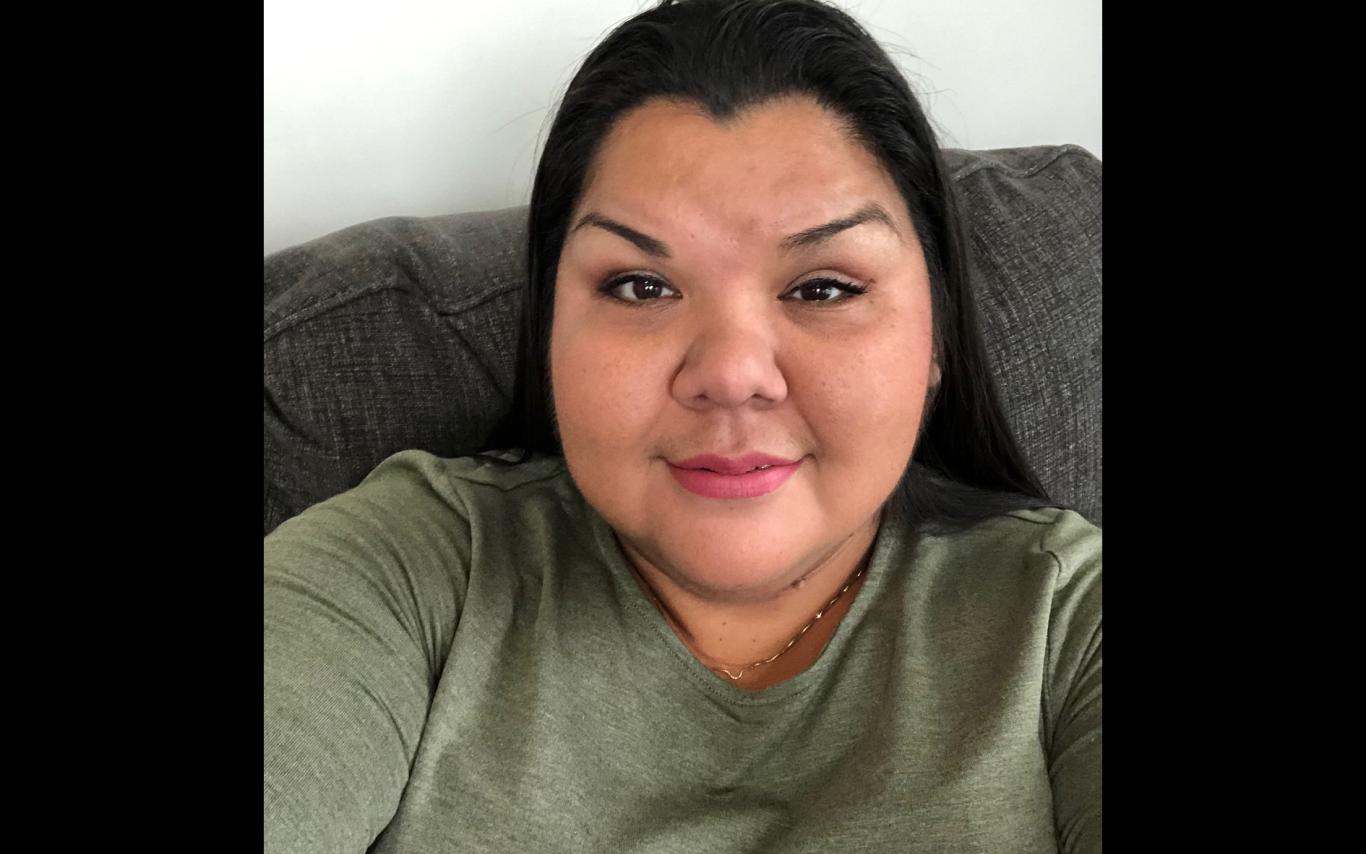Celebrating Indigenous mentorship at VIU
Vancouver Island University’s ‘su’luqw’a’ Community Cousins Aboriginal student mentorship program celebrated its 10th anniversary in September 2021. In honour of this important milestone, we are sharing stories of people closely connected with the program every month leading up to the anniversary. Stay tuned for a celebration event in February 2022 – when we hope to be able to gather in-person.
The ‘su’luqw’a’ Community Cousins program builds capacity for mentors to gain leadership and employability skills through outreach and mentoring activities. Students hone skills in self-awareness, communication, leadership, self-care and an exploration of personal values, with an emphasis on “telling one’s story” as a path to self-empowerment through outreach to others.
When Leanor Hampton came to VIU in 2010, she struggled with feelings of being not “smart enough” to be successful in university. Joining the Community Cousins mentorship program helped her learn from others’ experiences and she realized she was not alone and that every student has their own unique struggles. Five years later, Hampton graduated from the Bachelor of Social Work program and went to work for Kw’umut Lelum Child and Family Services.
What made you choose VIU?
I chose VIU because I reside in the Snuneymuxw First Nations community and the Bachelor of Social Work program was being developed into an online program. This worked out great for me as I wanted to stay close to home while completing my post-secondary education and not have to worry about travelling far every day.
How did you get involved with the Community Cousins?
When I first started at VIU I was a mature student and needed to build confidence in myself – that I was “smart enough” to attend university and be successful. I stayed after class every day seeking clarity and support from my professors, then I went to Shq’apthut, VIU’s Aboriginal Gathering Place, to do schoolwork. At Shq’apthut, I connected with Sylvia Scow [Acting Director of VIU’s Office of Indigenous Education and Engagement] and I saw that some days she would meet with students and an Elder-in-Residence to strategize about how to support Grade 12 students and new students on campus. They shared their experiences, strengths and hope, and it helped me develop the courage to do my best while attending university. Also, the Community Cousins would take new students on a tour so that on their first day on campus they would have an idea of where to go and who to see for support on various topics. The new students would see a familiar face or space that would help decrease the levels of any anxiety they may have. I really liked what I saw with the student role models and I wanted to take part in this wonderful opportunity to support current and incoming students. I was also able to travel to neighbouring communities to deliver presentations on how to be a student at VIU.
How has being a part of the Community Cousins impacted you?
I learned that everyone has their own unique struggles and there are various campus supports to help. Learning what worked for others, I was able to take bits and pieces from everyone who shared and made it work for myself with my educational journey. I started to believe in myself and my ability to do anything I focus my mind and attention to. My hope is to motivate and encourage others with my story as well. The program is connected and aligned with culture. We would meet and have a feast at the Gathering place, where quite often you can see or hear culture coming from this building, such as drumming and singing. I made this a home away from home and felt comfortable with being myself as a First Nations woman.
What advice would you give to new Indigenous students at VIU?
One piece of advice I would pass on to new students is that no question is a stupid question. Please reach out for help as there are many wonderful resources on and off campus. Also, any new Indigenous student should connect with the resources in the Gathering Place as a stepping stone and foundation to accessing supports in various areas. The Elders-in-Residence were great supports for myself and having access to counselling on campus really helped me find myself and my courage and strength to complete my educational journey.
What are you doing now?
I have worked with Kw’umut Lelum Child and Family Services for the past five years. I am a Le’lumilh Resource Social Worker and I support current caregivers in various ways and I also recruit caregivers. I assist with finding safe homes to place children, including short-term (emergency and weekends) to long-term placements.
What do you find rewarding about your job?
I get to build rapport with the caregivers (First Nations and non-First Nations) and really get to know who they are with completing the home study. I get to recruit homes that are safe for children, families that really care about supporting First Nations children/youth growth and development and their well-being. Not only do I get to work independently with the caregivers, but I am part of a team within the agency that supports children/youth, parents and caregivers. I focus on the idea of the children/youth “expanding their families” while residing with caregivers who assist with keeping the connection with family, community and culture.
What’s next for you?
With my career established in the Le’lumilh department, I plan on completing a master’s degree in social work once my three-year-old daughter gets a little older. For now, I am happy to be part of the team here as I enjoy where I work and who I work for (the nine Nations’ children and families).




